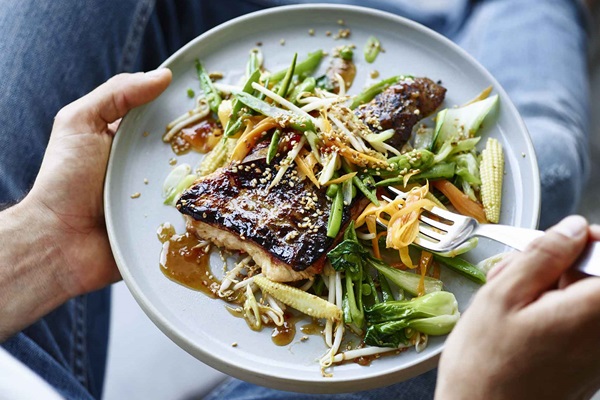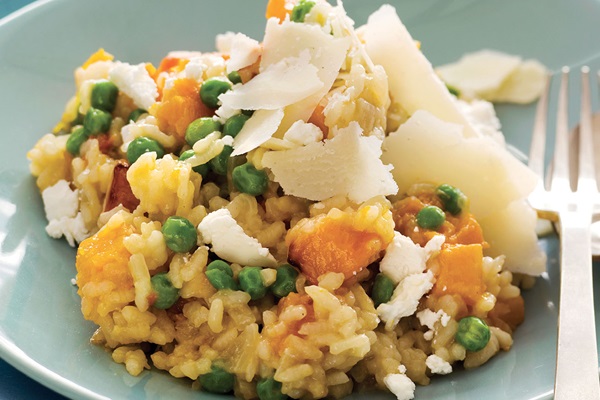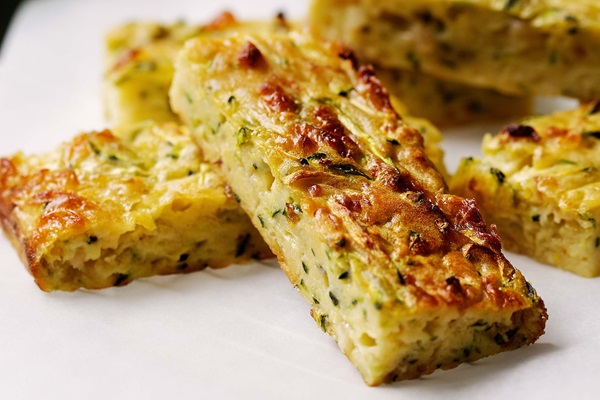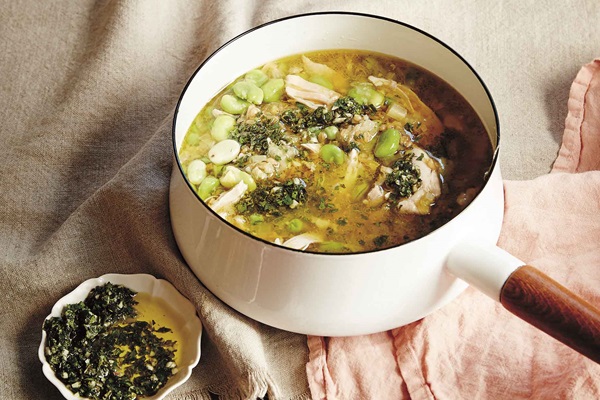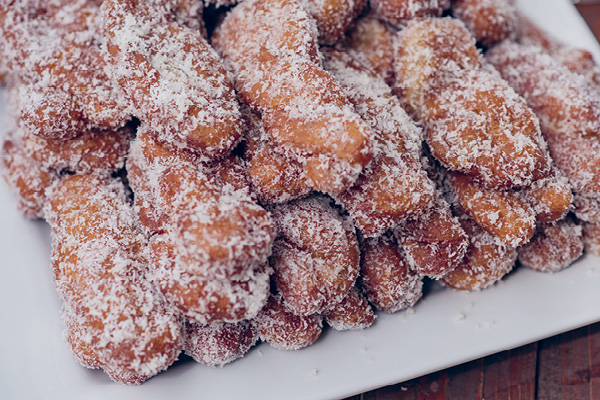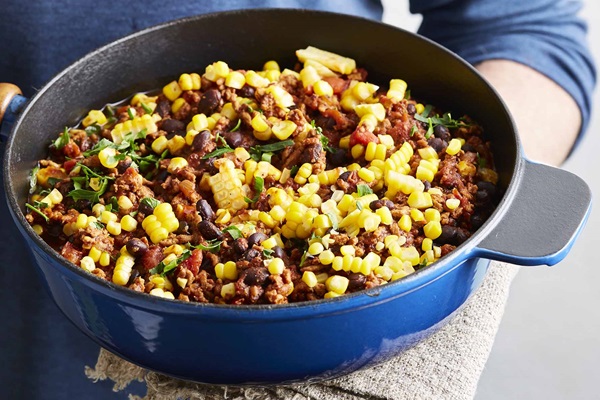-
Performance anxiety, the jitters, nervous energy – whatever you call it, the pangs of nervousness and anticipation before any sporting event can have a negative impact on performance. Elite athletes develop habits and behaviour that follow an unerring sequence of repetition so that the days leading up to race day become a series of unconscious habits.
Without becoming a robot, focusing on effective eating and drinking habits and following a well-worn path in preparing for an event can help you perform at your best.
Here’s what you should eat….
Comfortable carbs
The benefits of carbohydrates for building maximal glycogen stores in muscles have been established with over 10 years of sports science. Any endurance event, or those broadly lasting more than 30 minutes, benefit from having muscles loaded with glucose (carbohydrate energy) packed away as glycogen.
Glycogen itself is made up of thousands of glucose molecules joined together. The problem is that for each gram of glycogen there is up to three grams of water joined to it. If your body has half a kilogram of glycogen, that’s one and half kilograms of water – leaving some people with a heavy, bloated feeling. The solution is practice. Before your big weekend training session, prepare the night before by eating your favourite carbohydrate-rich meal. Practice your eating like you practice your training, eating big and small to know what and how much gives you the perfect bounce.
Blissful breakfast
Gone are the long and lazy mornings spent reading the paper and drinking coffee. These days it’s go, go and go. But don’t forget the value of a familiar and comforting breakfast bite before a race. Again the emphasis is to train like you’re racing, so stick to the familiar breakfast that tops up your vital energy stores, but doesn’t leave you either famished or uncomfortably full at the start of an event.
Fleeting fluids
The biggest queues at most major sporting competitions are reserved for the loos. Several thousand anxious, caffeinated and fluid-filled athletes put any plumbing at risk of overuse. If you have got to go, then go, but to avoid unnecessary toilet panic, drink familiar beverages and although it’s important to be fully hydrated, take a paced and measured approach.
There are many sports drinks to choose from, including those with caffeine and sweeteners and a range of colours and flavours to cater to all tastes. It’s not surprising that familiarity helps keep belly-aches and sudden urges under control. During training, establish a pre-event drinking habit that works for you – and stick to it.
Drinks up
Having navigated the crowds, it’s now time to get into the event. Keep in mind that in the first critical phase of any endurance activity, remaining adequately hydrated can help you in those last few kilometres of struggle and pain. Dehydration starts well before you feel thirsty so keep an eye out for early drink stations and take the first opportunity for a few precious mouthfuls of fluid.
Life is sweet
If there is ever a time for a reward, then it’s at the end of any sporting event. It’s a fabulous feeling of sweat and self-accomplishment to know you have done your best. Although it’s not in any nutrition recommendations, treat yourself to a lolly or sweet. If someone questions you – just say the Professor says it’s OK!
What to eat in the lead-up to race day
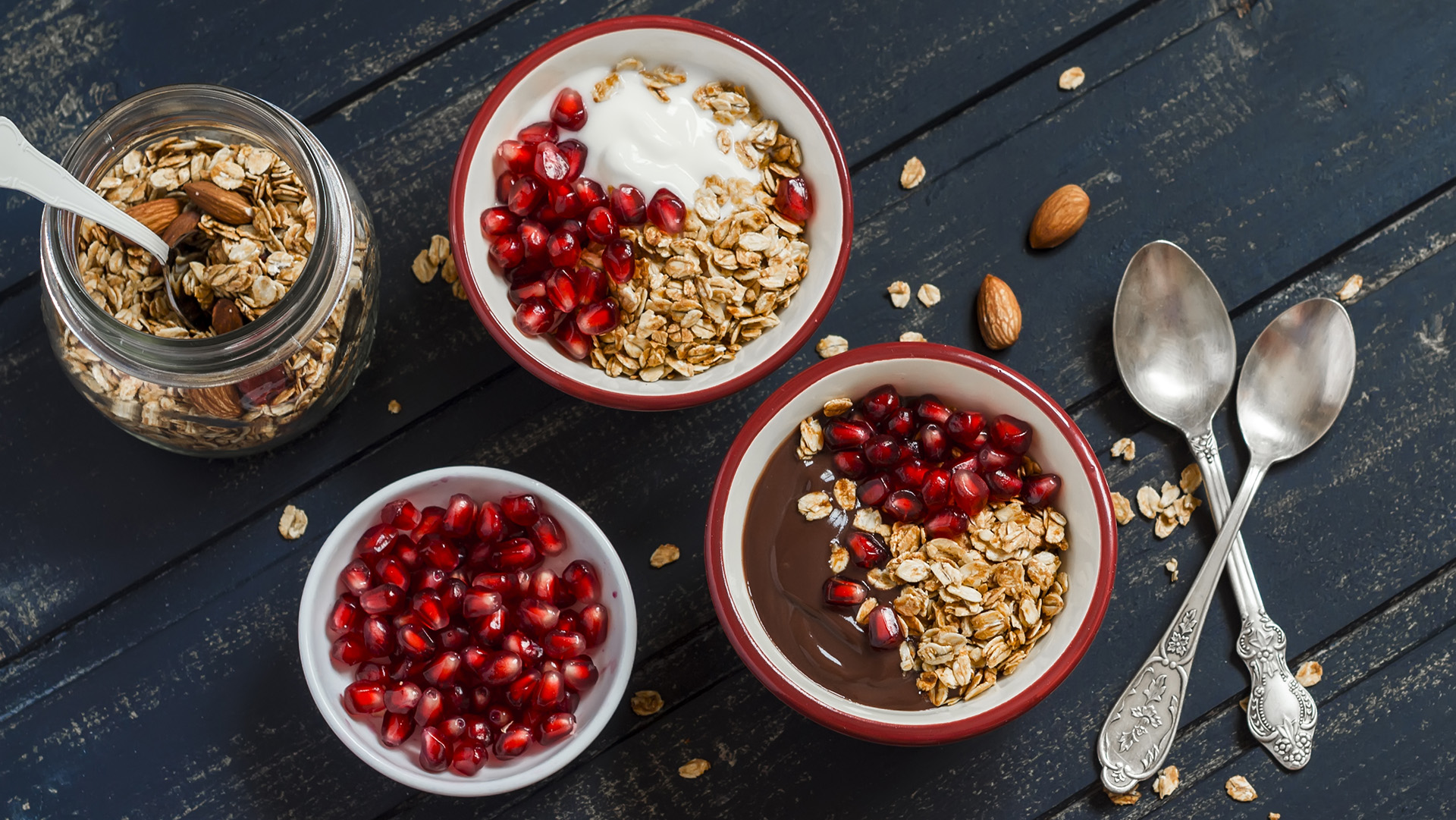
-
Crispy cod with teriyaki and sesame stir-fry recipe
A light and juicy dish, perfect for easy dinners.
-
Baked chicken and pumpkin risotto
Hearty risotto recipe with baked chicken and pumpkin.
-
Zucchini slice for babies recipe
A healthy slice made with kids in mind
-
Chicken broth with wheat and spring vegetables recipe
Chicken broth with broad beans, peas and nutty wheat grain.
-
Dot’s Koeksisters (South African Doughnut) recipe
These South African doughnuts are traditionally eaten on a Sunday morning. One day a week just doesn’t seem enough!
-
Pork with rice and black beans recipe
A twist on chilli con carne, spiced with delicious smoked paprika and cumin.
Subscribe to receive the best from Live Better every week. Healthy recipes, exercise tips and activities, offers and promotions – everything to help you eat, move and feel better.
By clicking sign up I understand and agree to Medibank's privacy policy

